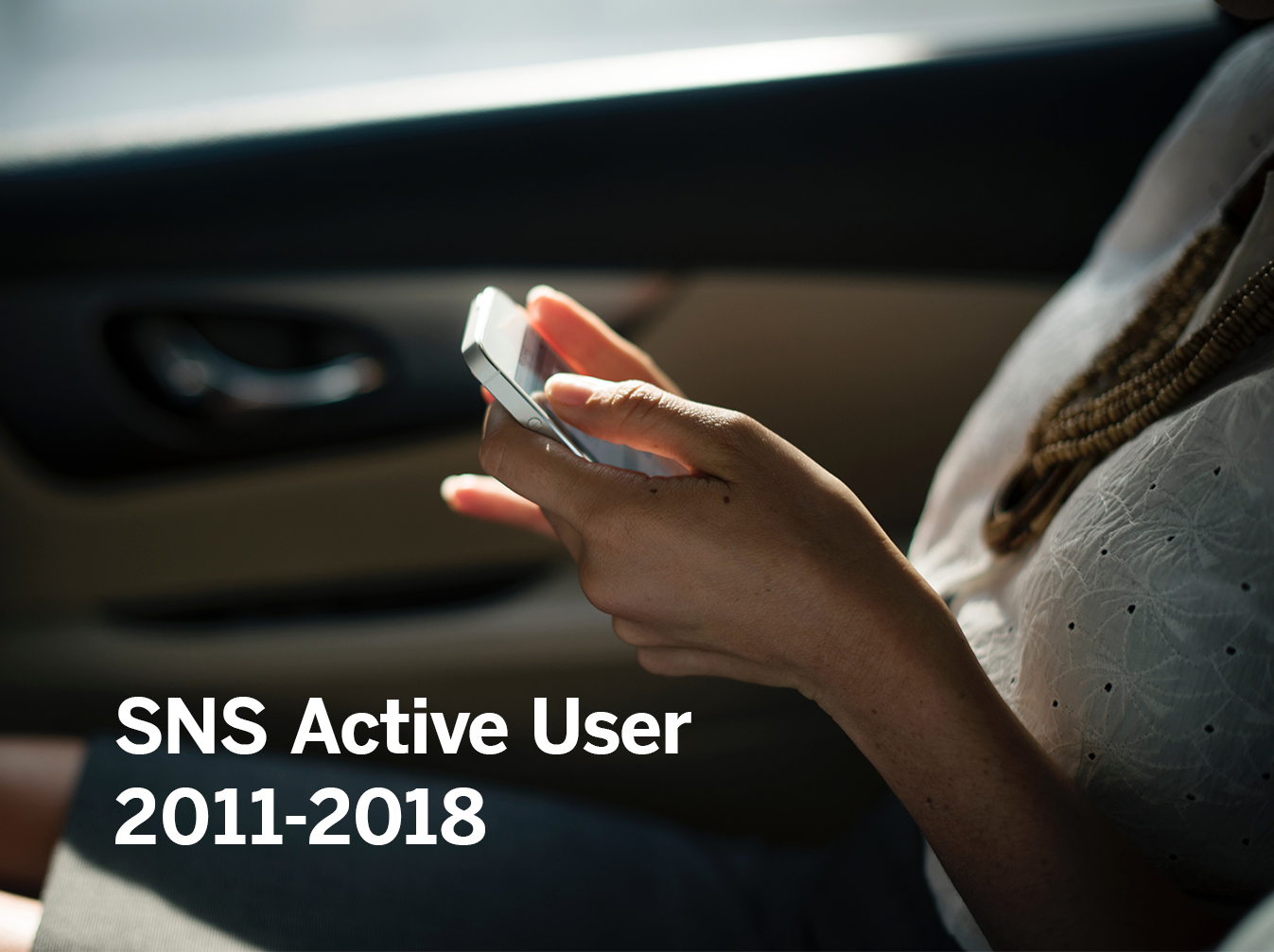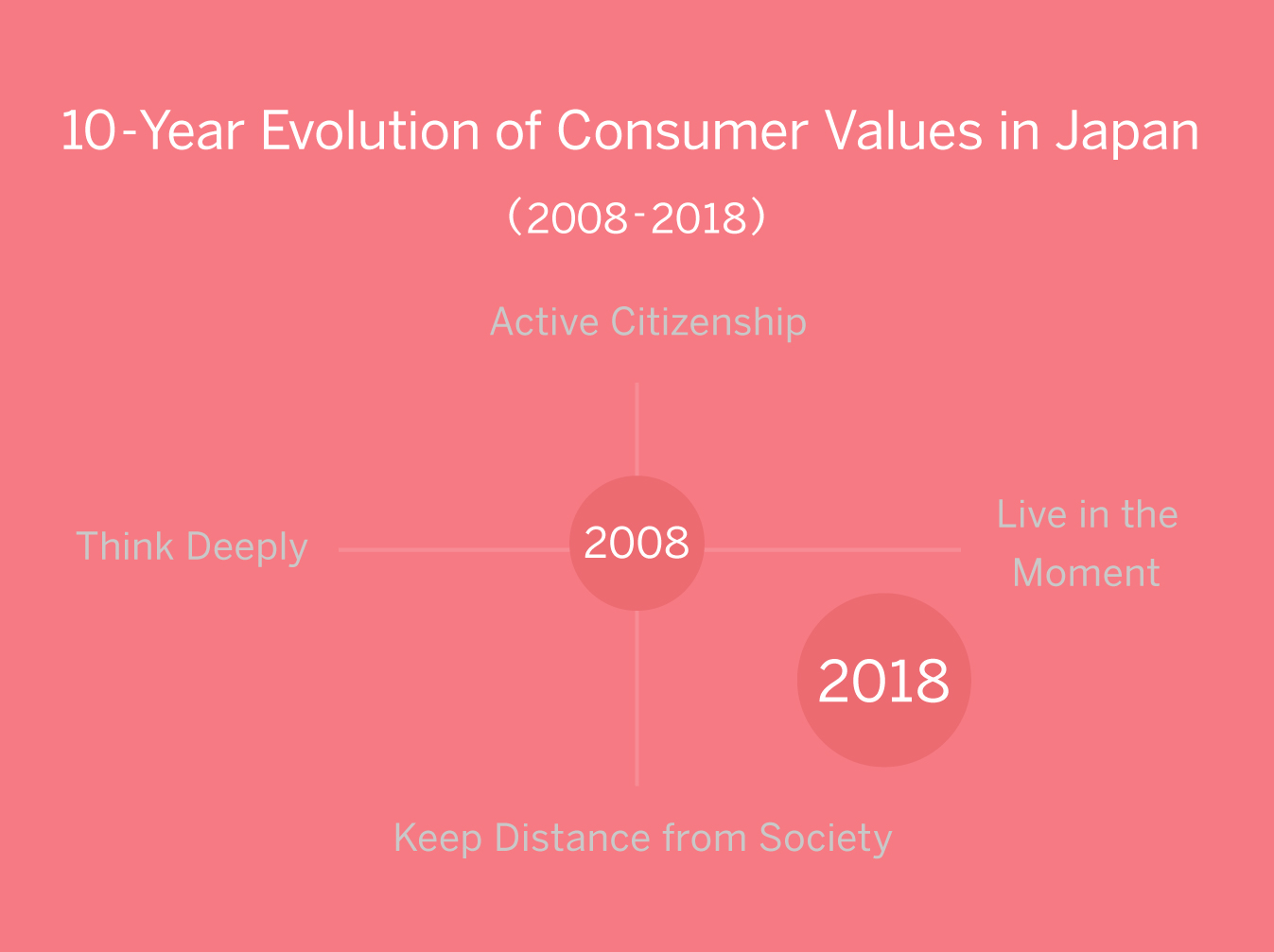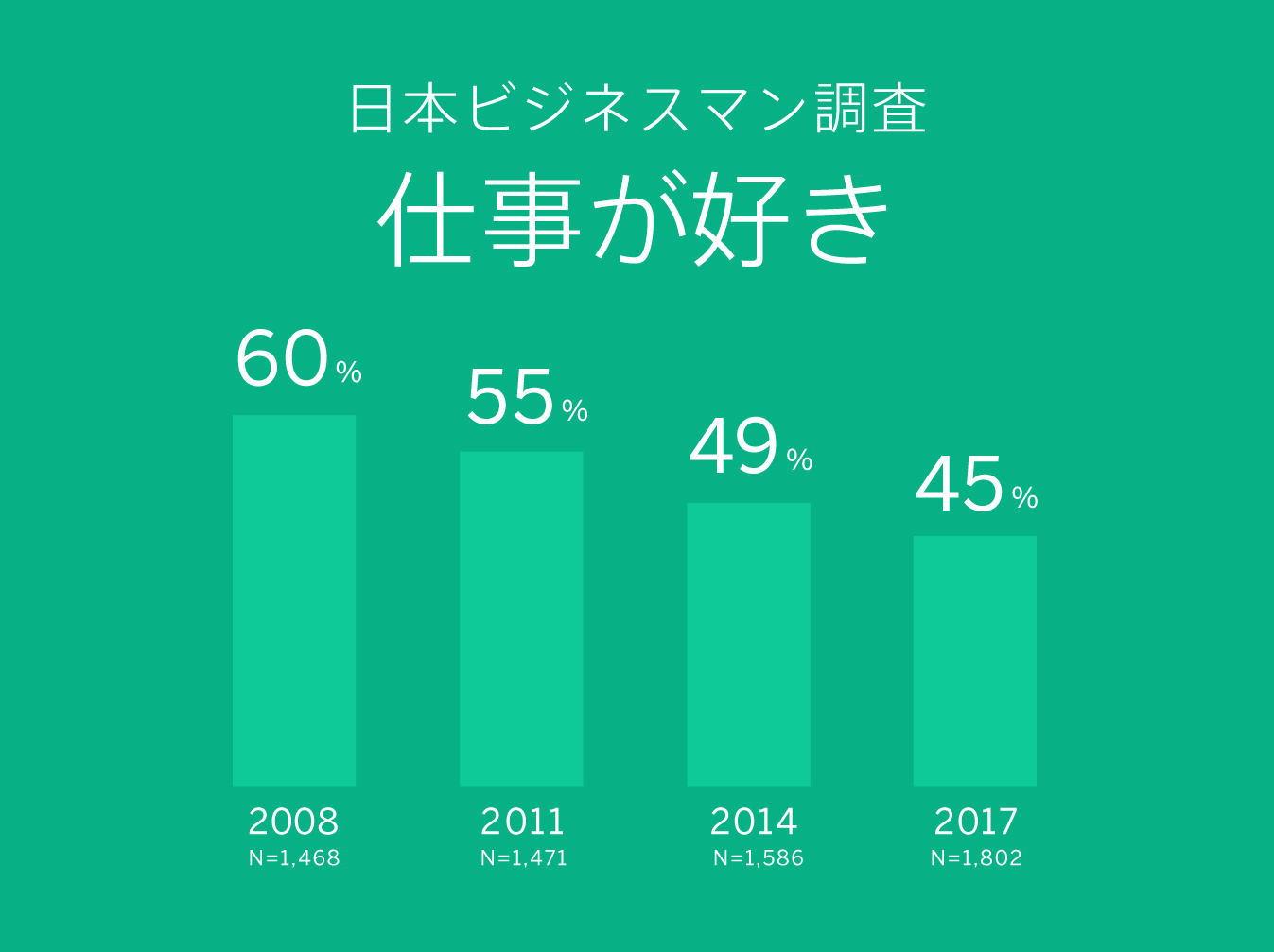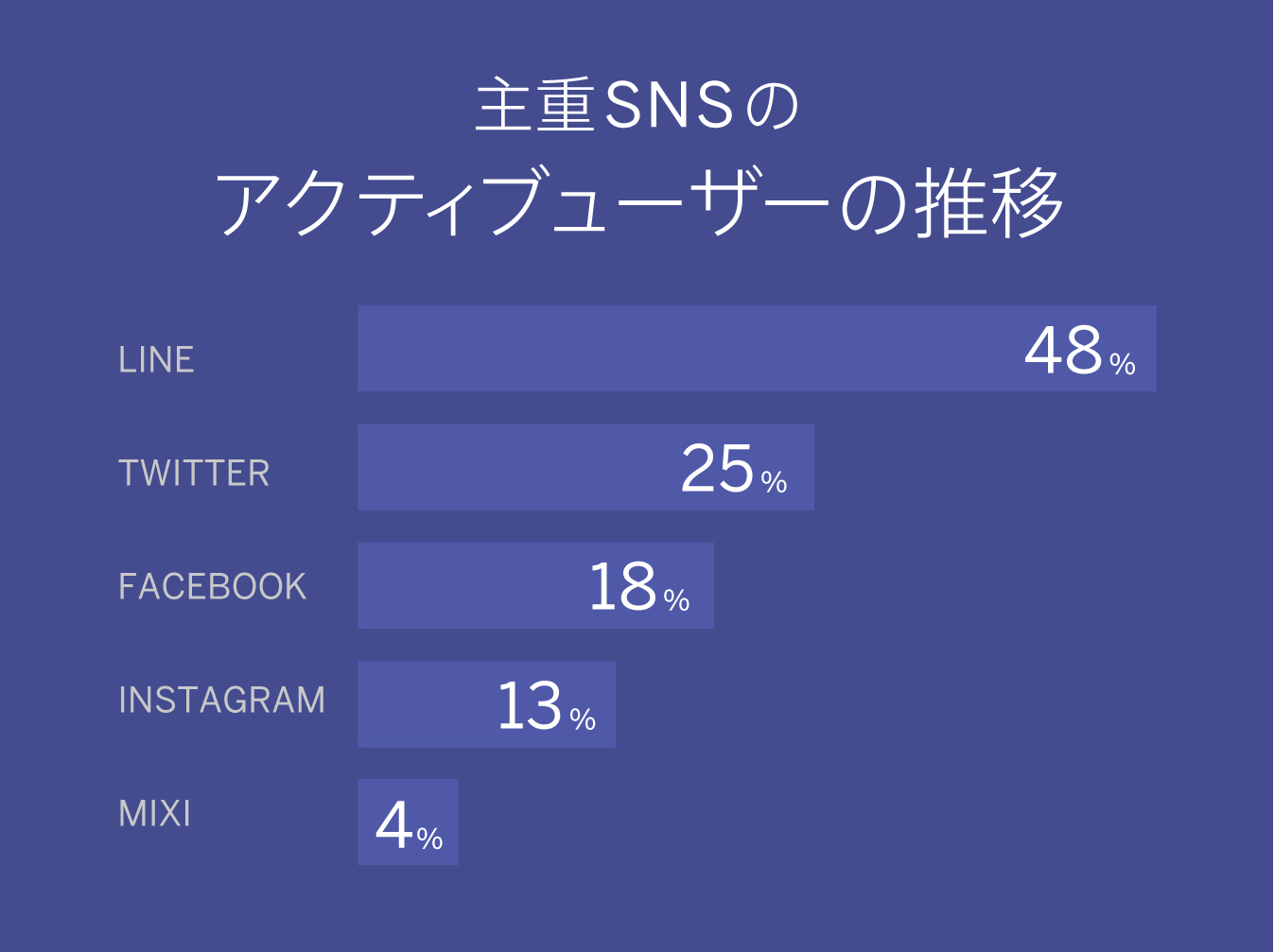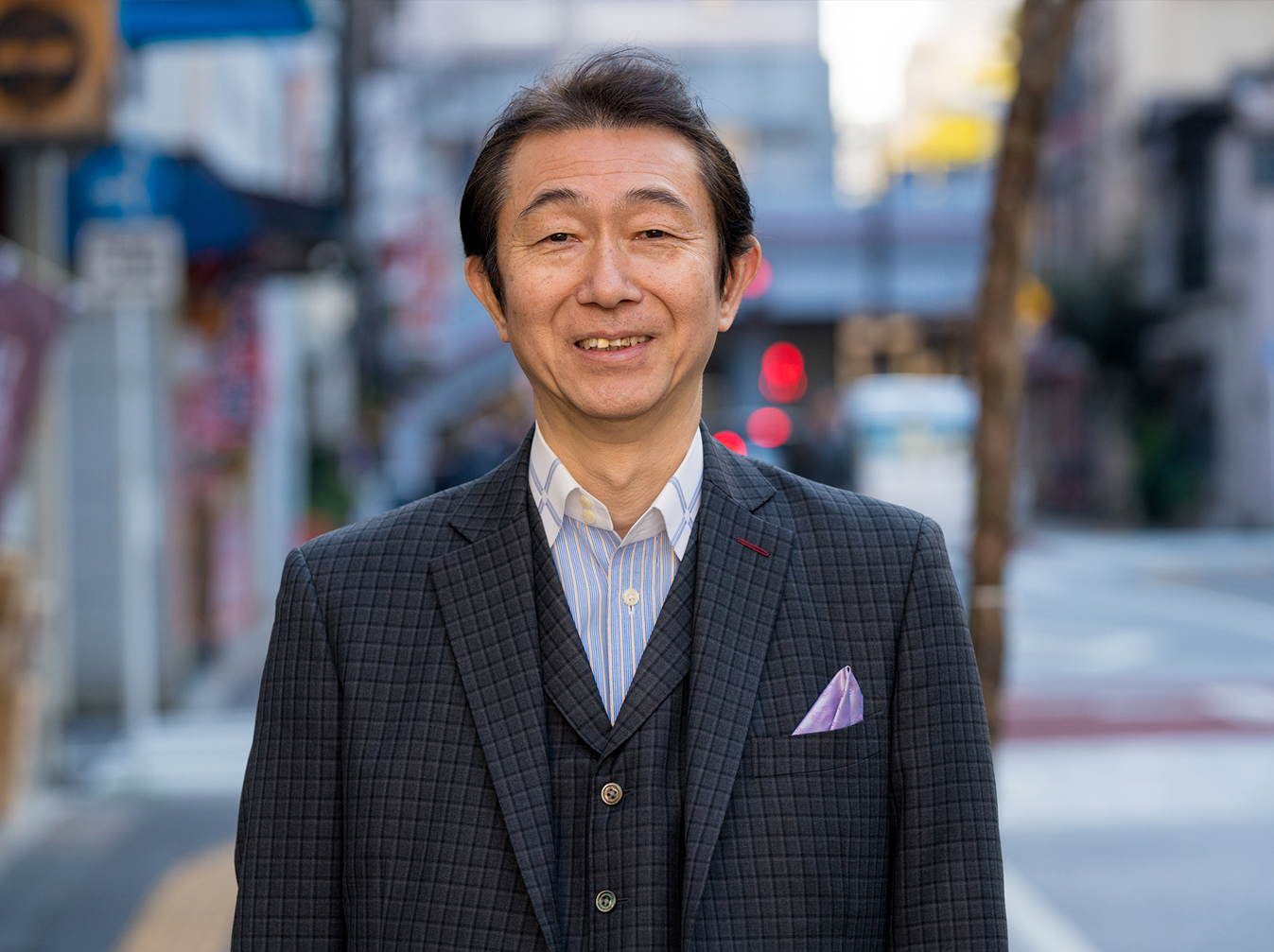Psychographic research aims to understand who are your customers not only as consumers, but also as individuals, with their unique opinions, interests, and motives. To acquire a fuller picture, we gathered data across 3 categories:
MIND ( Opinions and attitudes )
LIFESTYLE ( Interests and habits )
BEHAVIOR ( Buying trends )
MIND
We refer to MINDs as the mental attitudes shaped by people’s values and beliefs.
Measuring more than 300 of these MINDs we concluded 44 attitudinal archetypes.
Our 44 MINDs
Risk taking | Selfness | Sociability | Wittiness | Sentimentalism | Optimism | Simplicity | Design consciousness | Affluence | Creativity | Preference for planning | Logical thinking | Love for mechanics | Digital savviness | Pursuit of meaning | Intellectuality | Living for today | Taste for thrills | Prestige-seeking | Novelty-seeking | Style confidence | Appearance-focused | Global perspective | Social responsibility | Touch And Feel | In tune with nature | Humility | Enjoyment of difference | Anti status symbol | Self-effacing | Treat-seeking | Entrusting | Emotional-thinking | Victim mentality | Go-with-the-flow | Conventionality | Traditional gender ideology | Individualism | Reclusiveness | Self-confidence | Acceptance of life paradox | Avoidance of similarity | Recycling | Rooted
LIFESTYLE
Insights into habits, interests and preferences of Japanese consumers.
Personality
Self-perception |Desired perception|Most attractive qualities for a romantic partner
Interests
Information prioritization |Expense items |Interests per industry |Events and activities
Purchase Drivers
Functional characteristics| Emotional characteristics |Preferred visual universe
Personal Taste
Most important criteria| Favorite fashion brands | Favorite music style | Favorite color (general / cars / fashion)
Preferred Media
Sources of information| Primary influences
Others
Attitude towards diversity| Eating habits |Childhood experiences
BEHAVIOR
Study of Japanese consumer buying trends and how they relate to MINDs and LIFESTYLE factors.
Tech
Owned brands, favorite brands and average screen time for : general | PC| Tablet| Smartphone
Cars
Owned brands| Preferred shapes| Preferred engine type| New vs second-hand |Driving frequency
SNS
Active user| purpose-of-use
Cosmetics
Owned brands | Distribution Channel | Yearly expenditure
Workplace trends
Motivational factors |Engagement level | Job hoping trend| Workplace expectations

